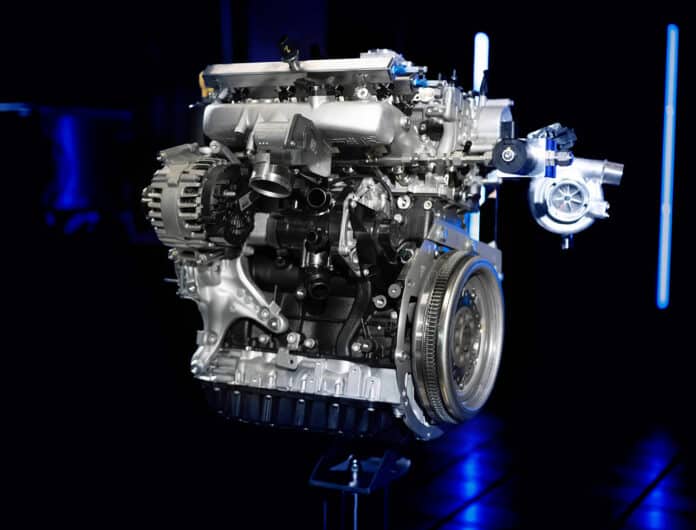Automakers across the world are shifting towards eco-friendly mobility options with electric vehicles (EVs). They are investing huge amounts of money in this electric revolution and getting support from governments through various incentives and policies.
However, hydrogen is not out of the picture yet, as Austrian mobility technology company AVL has revealed its new prototype combustion hydrogen race engine that makes 410 horsepower.
The prototype of a hydrogen-powered, two-liter turbo engine was put through its paces on the testbed and confirmed the top values calculated previously in simulations.
AVL points out that, until now, hydrogen combustion engines (H2-ICE) have been somewhat renowned for low-performance figures and lean burn. Lean burn can help save fuel and reduce emissions, but it also lowers the power output, which is not good for a race engine.
In late 2022, AVL announced that its motorsport division AVL Racetech was developing a two-liter, hydrogen-powered racing engine that would use stoichiometric combustion and water injection systems to boost power. Its intelligent PFI water injection system injects additional water into the engine’s intake air. This setup eliminates unwanted premature ignition, which can damage the engine, and delivers stoichiometric combustion, where the engine completely burns the fuel – no more lean burn.
In addition, the air demand, which is lower than with lean combustion, is covered by using a wastegate turbocharger designed specifically for that purpose.
The prototype 2.0-liter turbo four-cylinder engine achieved remarkable results in this month’s testing, confirming the high values predicted by AVL’s earlier simulations. The engine produced 410 hp (302 kW) at an engine speed of 6,500 rpm and 368 lb-ft (500 Nm) of torque at a speed between 3,000 and 4,000 rpm.
AVL has previously noted that with a specific power density of around 205 hp per liter (150 kW per liter), the engine achieves a highly competitive level in modern close-to-production race classes.
“The results achieved by our H2 racing engine confirm that we are able to deliver an extremely competitive package with this technology,” Ellen Lohr, Director of Motorsport AVL, said in a statement. “The goal of AVL RACETECH is to lead motorsport into a sustainable future. With the development of the first racing engine developed under our own name – a high-performance H2-ICE – we have taken another step closer to achieving this vision.”
The next milestone in the development is to test the new engine concept in a car on the racetrack.
